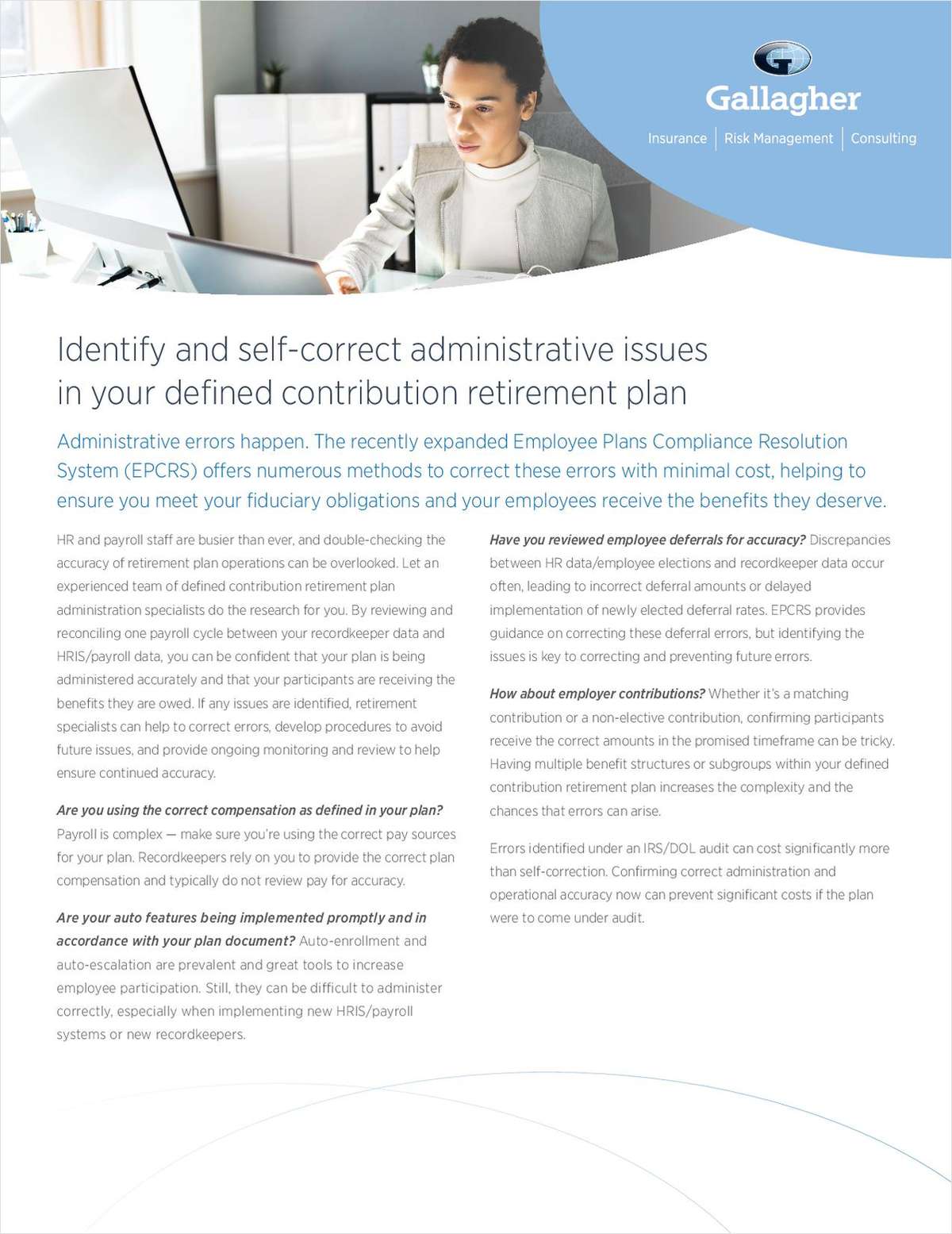A new study of health insurance competition shows that the majority of health insurance markets in the United States are more highly concentrated than they were five years ago. The American Medical Association released the 19th edition of its annual study, "Competition in Health Insurance: A Comprehensive Study of U.S. Markets," which endeavors to pinpoint areas where consolidation among health insurers has the potential to cause anticompetitive harm to both consumers and care providers. Related: Health care concentration and prices going up, use going down in metro areas Consolidation can lead to two types of market power. Monopoly power enables health insurers to raise premiums and maintain them above competitive levels, while monopsony power—or power in input markets, such as the purchasing of physician services—makes it easier for insurers to reduce quality or quantity of health care below competitive levels. The AMA cites research in its study that provides evidence for insurer consolidation leading to the exercise of monopsony power with regards to lower physician earnings and employment. "Conceptually, mergers and acquisitions can have beneficial and harmful effects on consumers," the study states. "However, only the latter has been observed." The study also found that 57% of doctors who provide patient care are in practices with 10 physicians or fewer. Antitrust law forbids independent physicians from negotiating collectively with health insurers. This leaves most doctors in a weak bargaining position as opposed to commercial payers. "To the extent there is anticompetitive behavior by insurers, this would compromise the quantity and quality of care," the study says. The study found that 74% of health insurance markets in U.S. metropolitan statistical areas (MSAs) were highly concentrated in 2019. That's up from 71% in 2014. Fifty-six percent of markets experienced an increase in the Herfindahl-Hirschman Indices (HHI), which are a measure of market concentration used by the Federal Trade Commission and the Justice Department when evaluating mergers. "These markets are ripe for the exercise of health insurer market power, which harms consumers and providers of care," the study affirms. "Our findings should prompt federal and state antitrust authorities to vigorously examine the competitive effects of proposed mergers between health insurers." See our slideshow above for the states with the biggest and smallest market shares of their largest insurers, and click here for the full report. Read more: |
Complete your profile to continue reading and get FREE access to BenefitsPRO, part of your ALM digital membership.
Your access to unlimited BenefitsPRO content isn’t changing.
Once you are an ALM digital member, you’ll receive:
- Breaking benefits news and analysis, on-site and via our newsletters and custom alerts
- Educational webcasts, white papers, and ebooks from industry thought leaders
- Critical converage of the property casualty insurance and financial advisory markets on our other ALM sites, PropertyCasualty360 and ThinkAdvisor
Already have an account? Sign In Now
© 2025 ALM Global, LLC, All Rights Reserved. Request academic re-use from www.copyright.com. All other uses, submit a request to [email protected]. For more information visit Asset & Logo Licensing.








